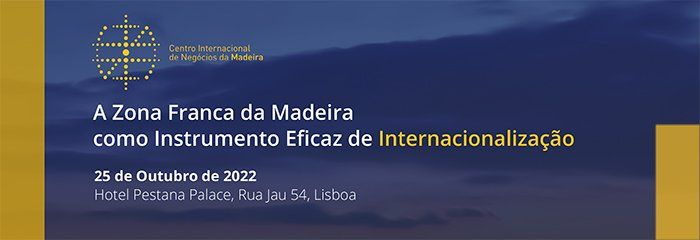Madeira Free Trade Zone, the main topics of the conference
The conference “Madeira Free Trade Zone as an effective internationalisation platform” took place in Lisbon, on October 25 and was the basis for a wide-ranging discussion covering topics such as the environment and the ocean economy, as well as the plan to attract more technological companies to the Madeira’s Free Trade Zone - MFTZ.
José Manuel Pereira da Costa, Head of the Tax Department at LVP Advogados, was invited to this event, organized by the SDM - Sociedade de Desenvolvimento da Madeira in partnership with the CIP - Confederação Empresarial Portuguesa.

Miguel Albuquerque, President of the Regional Government of Madeira was also present and made the opening speech, stating that "the environment, the sea and technology will be the basis of negotiation for the next tax regime applicable to the Madeira Free Trade Zone".
The programme included presentations from Roy Garibaldi, President of the SDM on the "Institutional Framework of the Madeira Free Trade Zone Regime" and Rosa Areias, Tax Lead Partner of PwC on the "Internationalisation of Portuguese Companies through the MFTZ".
The debate panel, led by António Costa, Director of ECO, included the participation of António Saraiva, President of CIP, Luís Amado, former Minister of Foreign Affairs, Carlos Lobo, former Secretary of State for Tax Affairs, Clotilde Celorico Palma, Professor of Tax Law, Ricardo Palma Borges, Tax Specialist and University Lecturer.










